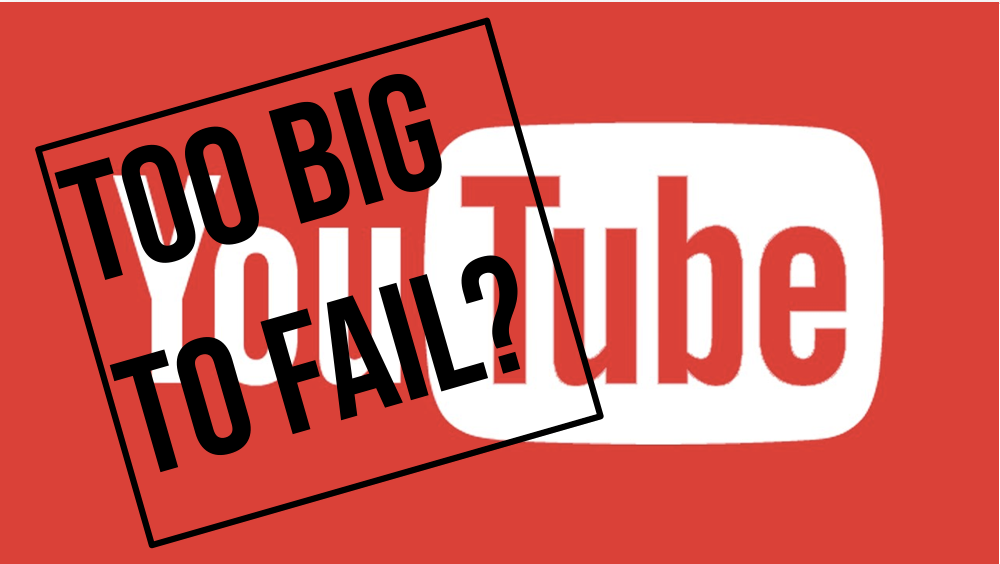Words By Zoe Zorka
Almost 13 years ago, YouTube was created as a place for little-known creators to share their content online with a worldwide audience in hopes of being discovered, making a little money, or at least getting recognized for their art. New musicians especially flocked to the platform, sharing their music videos, live performances, and raw footage. But the recent YouTube policy update, which demonetizes channels without at least 1,000 subscribers and 4,000 hours of viewing, comes as a slap in the face to many newer artists. While the new policy won’t affect major names already signed to record labels, it presents yet another challenge for struggling artists to make even a small amount of money off of their work.
Additionally, there is the issue of what types of content YouTube chooses to monetize, in what many believe is based on the wishes of advertisers. Erin Armstrong, a mid-level content creator who focuses on transgender and LGBT issues tells The Guardian:
“I’m done trying to make content that is going to fit these guidelines, and I’m done being nickeled and dimed constantly. They really cater to the people who have the money, the views and the pull, and it’s less about creating and supporting the small communities that come together and share their experiences.”
Could this policy be the nail in the coffin for the video sharing behemoth? As struggling musicians, artists, and other creators vocalize their displeasure en masse, competitors are quickly seizing the opportunity to build newer and better platforms that promise to focus on creators and not the promise of major corporate advertising revenue (currently YouTube’s biggest money maker).
Vimeo, the second-largest online video platform sharing company worldwide, introduced Vimeo On Demand, which lets users sell their videos based on a preset price, keeping 90% of their revenue. However, the service costs creators $20/month, which makes it difficult for newer creators to break even.
Patreon allows users to share videos freely or to charge for exclusive content. However, Patreon has recently come under fire for taking a disproportionate cut of revenue. Despite this, many niche creators have found Patreon more profitable than YouTube- especially now, with YouTube demonetizing many accounts.
One new player to the game is Viewly, a decentralized online video sharing company that allows creators to establish their own content and through blockchain-backed smart contracts, monetize their channel in any way that they wish- by charging for access to exclusive content, setting up recurring subscriptions, holding contests or providing other incentives, or entering into direct private contracts with advertisers of their choice.
Owen Kay, a talented musician with a medium-sized YouTube following is most excited about Viewly. He says:
“I think Viewly will be great for artists who want to be put first. And Viewly offers that by making sure your supporters and followers are put first before a barrage of advertisements, and because an artist can benefit adequately and justly from their material. That sounds like a first for me.”
Whether or not a competitor surpasses YouTube remains to be seen, but artists will surely continue to work to find a way to showcase their art- restrictions or not.
